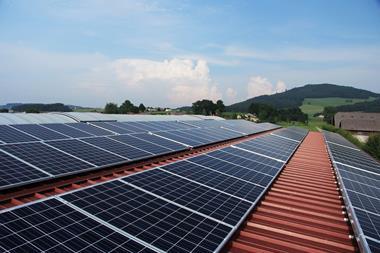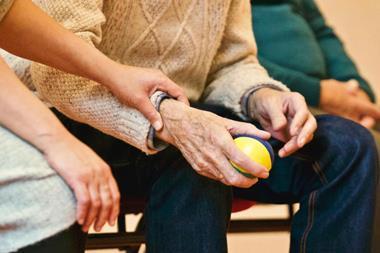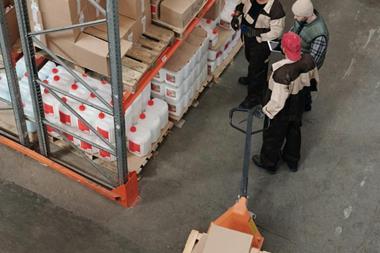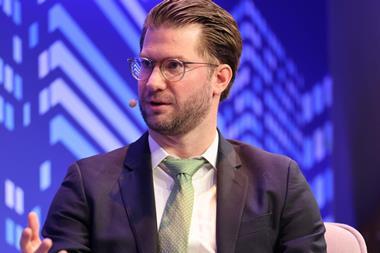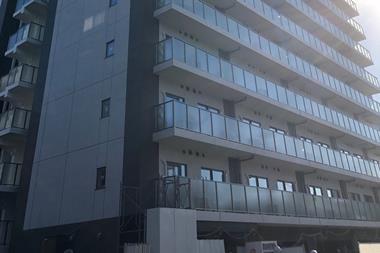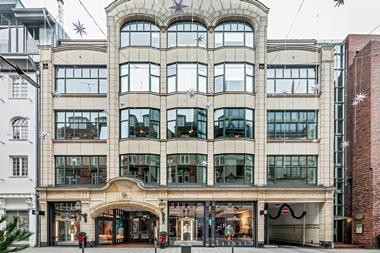The Asian Infrastructure Investment Bank (AIIB) intends to launch a $5bn (€4.6bn) COVID-19 crisis recovery facility.
The China-backed bank said it is proposing to its board of directors to create the facility in response to urgent economic, financial and public health pressures and to support a quick recovery after the current crisis.
AIIB said it will offer dedicated financing for the next 18 months for qualifying projects within its membership, adding that the size of the facility could be increased depending on client demand.
The facility could support emergency public health needs, such as health infrastructure for emergency preparedness and clients whose infrastructure investments are severely impacted by the pandemic.
It could also provide the financing needed to preserve the productive capacity of other productive sectors, including manufacturing, that have been hit by COVID-19, it said.
AIIB is also exploring how it can use its project preparation special fund to help its members, especially low-income members, whose economies are being particularly impacted by COVID-19.
AIIB President and Chair of the Board, Jin Liqun, said: “A well-managed and robust development institution must be nimble enough to deal with external shocks and responsive enough to adapt to the changing needs of its clients while also adhering to our mission of promoting economic and social development in Asia.”
The international community needs to come together to pool our resources to help the world navigate the current pandemic and economic upheaval. AIIB is committed to playing its full part.”
Last month, AIIB said it is planning to ramp up its investment in public health infrastructure to help countries impacted by COVID-19. It said it will announce a number of public health, healthcare and information and communications technology infrastructure financing options for its members in the coming days and weeks, “to help build up economic resilience and mitigate the impact of future health crises”.
Headquartered in Beijing, AIIB began operations in January 2016 and has now grown to 102 approved members worldwide.





